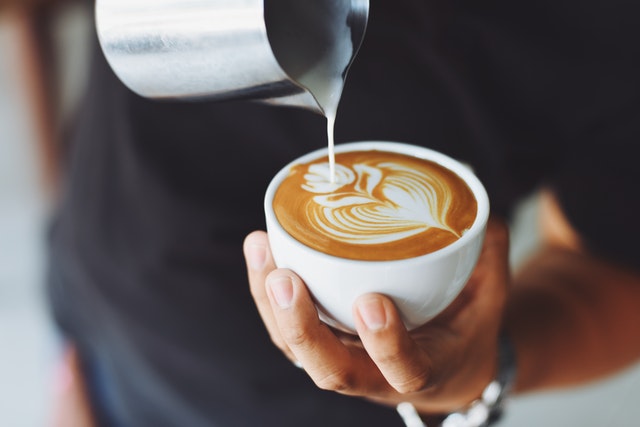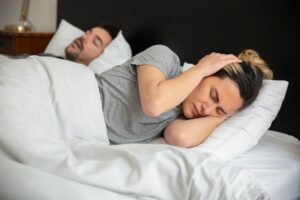Coffee is one of the most widely consumed beverages on the planet. It contains caffeine, a widely used stimulant.
Many individuals drink a cup of this caffeinated beverage as soon as they wake up, while others say it is better to wait a few hours.
This article outlines when the optimum time is to drink coffee in order to get the most out of it while minimizing the negative effects.
When is the best time to drink coffee?
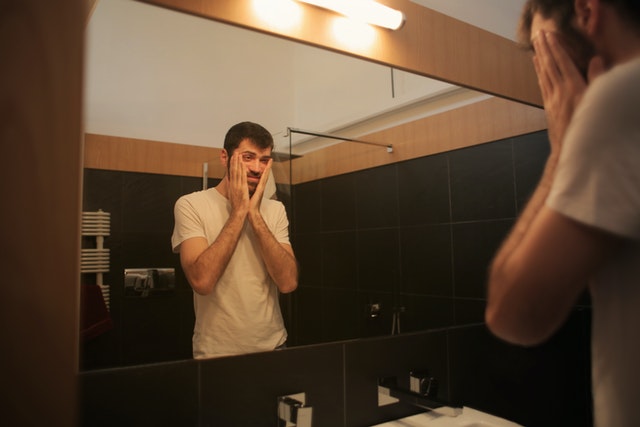
Many individuals have a cup or more of coffee first thing in the morning or shortly after.
However, because your stress hormone cortisol is at its peak level at this time, it’s assumed that drinking coffee too soon after waking up reduces its invigorating effects.
Cortisol is a hormone that might help you stay awake and focused. Your metabolism, immune system reaction, and blood pressure are all regulated by it.
The hormone has a sleep-wake cycle-specific rhythm, with high levels peaking 30–45 minutes after rising and gradually declining over the rest of the day.
However, it has been recommended that the optimal time to drink coffee is in the middle to late morning, when cortisol levels are lower.
This period is between 9:30 and 11:30 a.m. for most people who get up about 6:30 a.m.
While there may be some truth to this, no studies have found that delaying your morning coffee has any more invigorating effects than having it right when you get up.
Another reason why delaying your morning coffee has been proposed is that the caffeine in coffee might raise cortisol levels.
When your cortisol level is at its highest, drinking coffee may help to raise it even higher. Cortisol levels that are too high for too long can weaken your immune system and cause health concerns.
Despite this, there have been no long-term research on the health effects of higher cortisol from coffee consumption.
Caffeine-induced cortisol elevations are also lowered in those who drink caffeine on a daily basis.
However, there’s probably little harm in drinking coffee first thing in the morning rather than several hours later.
However, if you’re prepared to switch up your morning coffee routine, you might find that waiting a few hours to have your coffee gives you extra energy.
Can Coffee Boost Your Performance In The Gym?
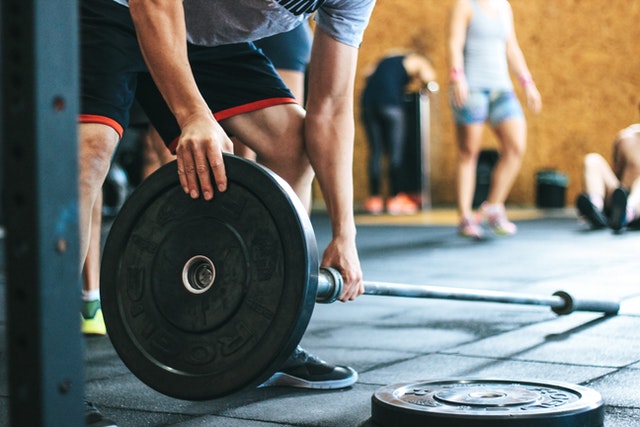
Coffee is well-known for its ability to stimulate wakefulness and alertness, but its caffeine concentration also makes it a great workout performance enhancer.
Additionally, compared to caffeine-containing products such as pre-workout powders, coffee can be a far more affordable option.
Caffeine has been shown in several trials to delay exercise weariness and improve muscle strength and power.
While it may not make a difference whether you drink your coffee first thing in the morning or several hours later, the effects of caffeine on exercise performance are time-dependent.
It’s advised to drink coffee 30–60 minutes before a workout or sporting event to maximize the beverage’s favorable benefits on exercise performance.
This is the time it takes for caffeine levels in your body to reach their maximum.
Caffeine doses of 1.4–2.7 mg per pound (3–6 mg per kg) of body weight are beneficial for enhancing exercise performance.
This is around 200–400 mg of caffeine, or 2–4 cups (475–950 mL) of coffee, for a 150-pound (68-kg) individual.
Sleep and Anxiety
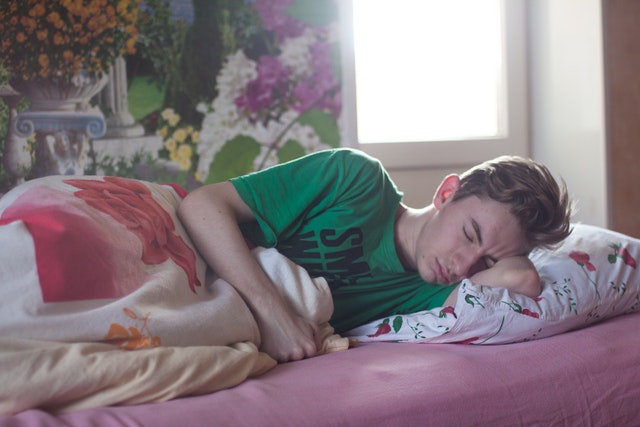
Caffeine in coffee can help you stay awake and improve your athletic performance, but it can also induce sleep issues and anxiety in certain people.
Caffeine from coffee has a stimulating impact that lasts 3–5 hours, and depending on individual differences, around half of the caffeine you ingest remains in your body after 5 hours.
Coffee consumed too close to bedtime, such as with dinner, might disrupt sleep.
Caffeine should be avoided for at least 6 hours before bedtime to avoid the disruptive effects it has on sleep.
Caffeine can cause anxiety in certain people, in addition to sleep issues.
If you suffer from anxiety, you may discover that drinking coffee makes it worse, in which case you should drink less or avoid it altogether.
Green tea, which contains one-third of the caffeine in coffee, is another option.
The amino acid L-theanine, which has soothing and calming qualities, is also included in the beverage.
Conclusion
Although it has been claimed that the optimal time to drink coffee is in the mid- to late-morning when your cortisol level is lowest, there is little study on this topic.
Coffee can help prevent exhaustion and boost muscle strength and power if consumed 30–60 minutes before an exercise or sporting event.
Keep in mind that the stimulating effects of caffeine from coffee might induce sleep issues and anxiety in some people if consumed too soon to bedtime.

